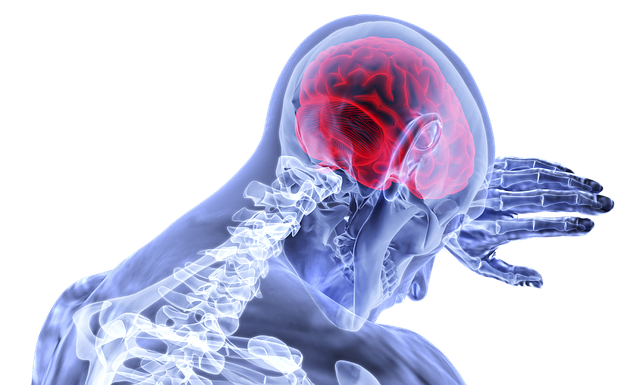How to help your brain recover more quickly
/Have you ever thought about how important our brain is for getting through our day? Our brain is involved in everything we do: sensing, breathing, thinking, walking, speaking, interacting, choosing… to name a few. Research is showing that movement/exercise is one of the best activities we can do to support and heal our brains. Exercise prevents and improves brain-related diseases such as:
- addiction
- ADHD
- major depression
- Alzheimer's disease
- plus most physical health diseases such as cardiovascular disease, diabetes, and cancers.
When we sit and think all day we are using just a small part of our brains. What if when we are tired and unclear mentally, it is because the part of our brains we have been using at work is just tired and the other parts are just waiting to be used?
I have recently been introduced to this idea. A few years ago, I was in a motor vehicle accident that disrupted my vision and balance. Now, when I over-use those nerves beyond their current capacities, I get symptoms of fatigue, visual changes, nausea, neck pain and tinnitus. For a while, it was recommended that I stop and do nothing when this happens, because everything is related to vision and balance. When I had to spend a long time in a car, for example, it would take days to recover.
Another idea is that I can switch and use non-tired parts of my brain. My Z-health trainer, Jennifer Nerio at TAISO Fitness, has shown me over and over again that if I use other parts of my brain that are not tired my symptoms resolve faster. Now, doing movement on the ground can help me recover in minutes rather than days.
This reminded me that I used this same concept when I was in medical school. I would study, study, study and when I could not study any more, I would do 10 pushup or sit ups. By doing movement that I was familiar with - most importantly movement that I was not seeking improvement with, I was able to rest the neuro-nets that I was using for studying. By the end of the set of muscle movement, I could go do more reps of mental movement on gross anatomy.
Where can you do cross training for the brain when you are intellectually or emotionally tired, remembering that the movement should be something that feels safe and comfortable?
If you are curious and want to glance through more science about the overlap of cognition, emotions and movement, I suggest the Wikipedia article on the “Neurobiological effects of physical exercise”. If you want to get more in depth, I recommend the book Spark: the revolutionary new science of exercise and the brain.

